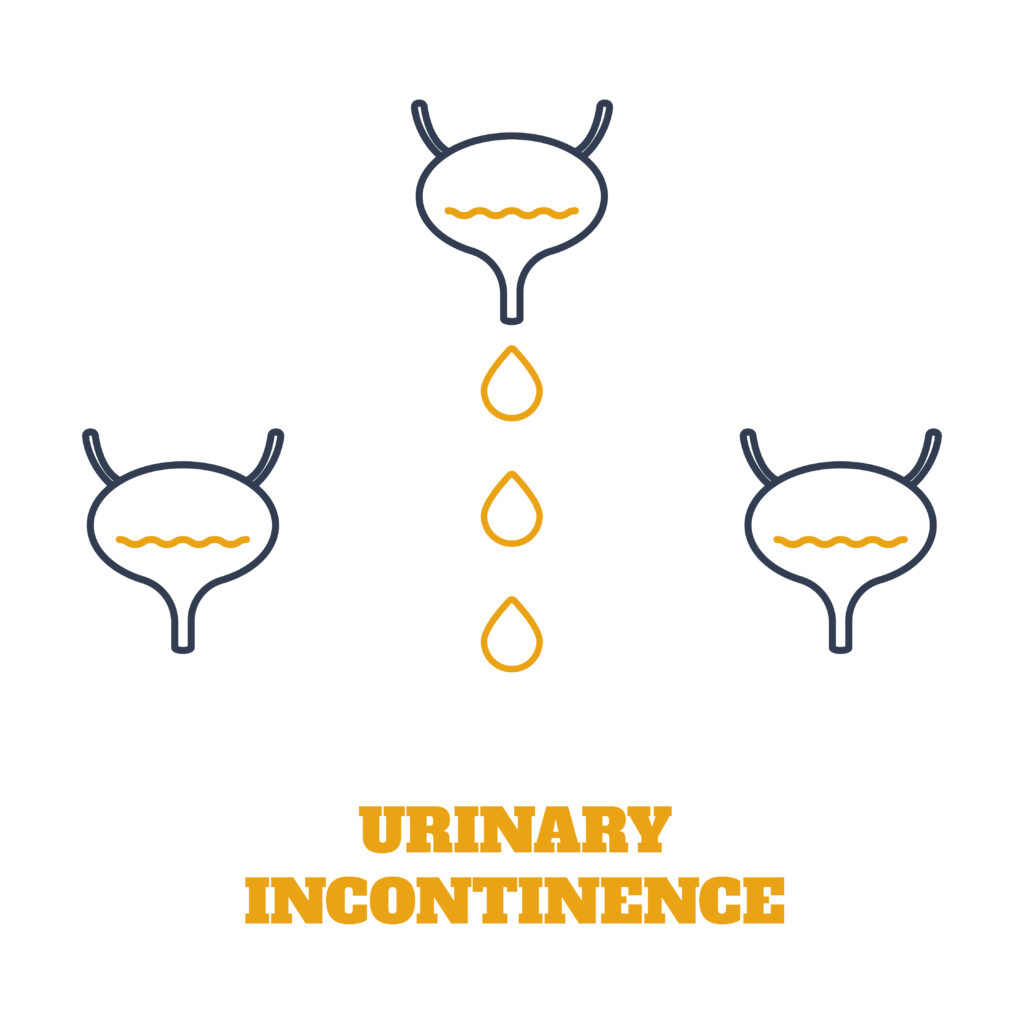Urinary Incontinence

Urinary incontinence can be a distressing condition that significantly impacts a person’s quality of life. At Brundavan Nursing Home, we recognize the importance of addressing this issue with sensitivity and expertise. Our approach to urinary incontinence involves thorough evaluation, personalized treatment plans, and compassionate care to help patients regain confidence and comfort.
Here’s an overview of the urinary incontinence services and treatments offered at Brundavan Nursing Home:
Comprehensive Evaluation: We begin by conducting a comprehensive evaluation to determine the underlying cause and severity of urinary incontinence. This may involve a detailed medical history review, physical examination, and specialized tests such as urinalysis, bladder diary, urodynamic studies, and imaging tests to assess bladder function and identify any contributing factors.
Personalized Treatment Plans: Based on the evaluation findings, our experienced healthcare professionals develop personalized treatment plans tailored to each patient’s unique needs and preferences. Treatment options may vary depending on the type of urinary incontinence (stress, urge, overflow, or mixed) and may include:
Lifestyle Modifications: We provide guidance on lifestyle modifications such as dietary changes, fluid management, weight management, and pelvic floor exercises to improve bladder control and reduce urinary leakage.
Behavioral Therapies: Our healthcare team offers behavioral therapies such as bladder training, scheduled voiding, and pelvic floor muscle training (Kegel exercises) to strengthen pelvic floor muscles and enhance bladder control.
Medications: For patients with urge incontinence or overactive bladder, we may prescribe medications to relax bladder muscles, reduce urinary urgency, and improve bladder storage capacity.
Medical Devices: In some cases, medical devices such as pessaries or urethral inserts may be recommended to provide support to the bladder or prevent urinary leakage.
Minimally Invasive Procedures: For certain types of urinary incontinence, minimally invasive procedures such as Botox injections into the bladder or sacral nerve stimulation may be considered to modulate bladder function and improve symptoms.
Surgical Interventions: In severe cases or when other treatments have failed, surgical interventions such as sling procedures, bladder neck suspension, or artificial urinary sphincter implantation may be recommended to restore continence and improve bladder control.
Ongoing Support and Monitoring: We believe in providing ongoing support and monitoring to help patients manage urinary incontinence effectively. Our healthcare team remains accessible to address any concerns, monitor treatment progress, and make adjustments to treatment plans as needed.
At Brundavan Nursing Home, we are committed to helping patients with urinary incontinence regain control over their bladder function and improve their quality of life. Our multidisciplinary approach combines medical expertise, personalized care, and supportive services to provide comprehensive and compassionate treatment for this common yet often overlooked condition.
